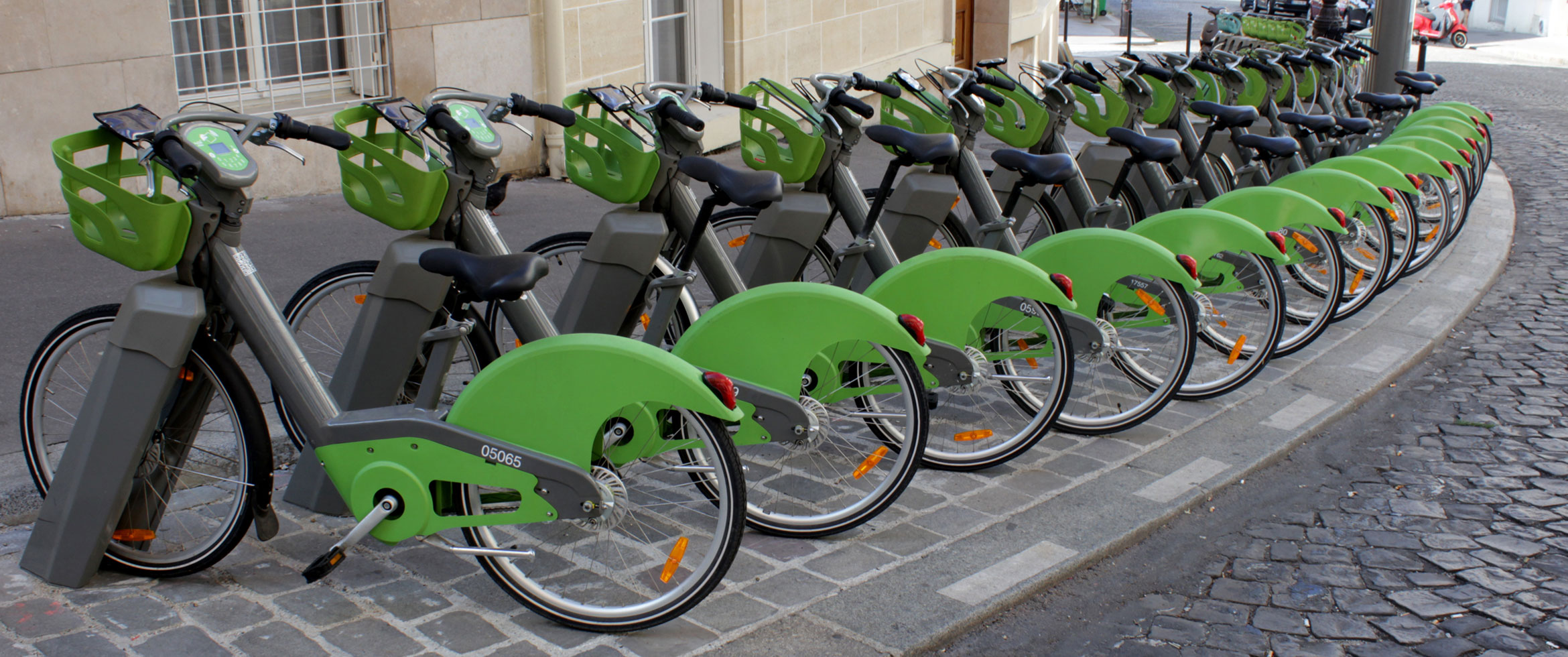Explaining Proenvironmental Intention and Behavior by Personal Norms and the Theory of Planned Behavior
Harland, P., Staats, H. & Wilke-Henk, A. M. (1999). Explaining proenvironmental intention and behavior by personal norms and the theory of planned behavior. Journal of Applied Social Psychology, 29, 12, 2505-2528.
Situational and Personality Factors as Direct or Personal Norm Mediated Predictors of Pro-Environmental Behavior
Harland, P., Staats, H., & Wilke, H. (2007). Situational and personality factors as direct or personal norm mediated predictors of pro-environmental behavior: Questions derived from norm-activation theory. Basic and Applied Social Psychology, 29(4), 323-334.
Going Green? Modeling the Impact of Environmental Concerns and Perceptions of Transportation Alternatives on Decisions to Drive
Gardner, B., & Abraham, C. (2010). Going green? Modeling the impact of environmental concerns and perceptions of transportation alternatives on decisions to drive. Journal of Applied Social Psychology, 40(4), 831-849. doi:10.1111/j.1559-1816.2010.00600.x.
Acceptability of Travel Demand Management Measures: The Importance of Problem Awareness, Personal Norm, Freedom, and Fairness
Eriksson, L., Garvill, J., & Nordlund, A. (2006). Acceptability of travel demand management measures: The importance of problem awareness, personal norm, freedom, and fairness. Journal of Environmental Psychology, 26(1), 15-26. doi:10.1016/j.jenvp.2006.05.003.
Emotions, Habits and Rational Choices in Ecological Behaivours: The Case of Recycling and Use of Public Transportation
Carrus, G., Passafaro, P., & Bonnes, M. (2008). Emotions, habits and rational choices in ecological behaviours: The case of recycling and use of public transportation. Journal of Environmental Psychology, 28(1), 51-62. doi:10.1016/j.jenvp.2007.09.003.
Factors Influencing Car Use for Commuting and the Intention to Reduce it: A Question of Self-Interest or Morality?
Abrahamse, W., Steg, L., Gifford, R., & Vlek, C. (2009). Factors influencing car use for commuting and the intention to reduce it: A question of self-interest or morality?. Transportation Research Part F: Traffic Psychology and Behaviour, 12(4), 317-324. doi:10.1016/j.trf.2009.04.004.
Twenty Years After Hines, Hungerford, and Tomera: A New Meta-Analysis of psycho-Social Determinants of Pro-Environmental Behaviour
Bamberg, S., & Möser, G. (2007). Twenty years after Hines, Hungerford, and Tomera: A new meta-analysis of psycho-social determinants of pro-environmental behaviour. Journal of Environmental Psychology, 27(1), 14-25.
Using Community-Based Social Marketing Techniques to Enhance Environmental Regulation
Kennedy, A. (2010). Using Community-Based Social Marketing Techniques to Enhance Environmental Regulation. Sustainability, 2(4), 1138-1160
Successfully Changing Individual Travel Behavior: Applying Community-Based Social Marketing to Travel Choice
Cooper, C. (2007). Successfully changing individual travel behavior: Applying community-based social marketing to travel choice. Transportation Research Record, (2021), pp. 88-99.
Attitude-Based Target Groups to Reduce the Ecological Impact of Daily Mobility Behavior
Hunecke, M., Haustein, S., Böhler, S., & Grischkat, S. (2010). Attitude-based target groups to reduce the ecological impact of daily mobility behavior. Environment and Behavior, 42(1), 3-43.



